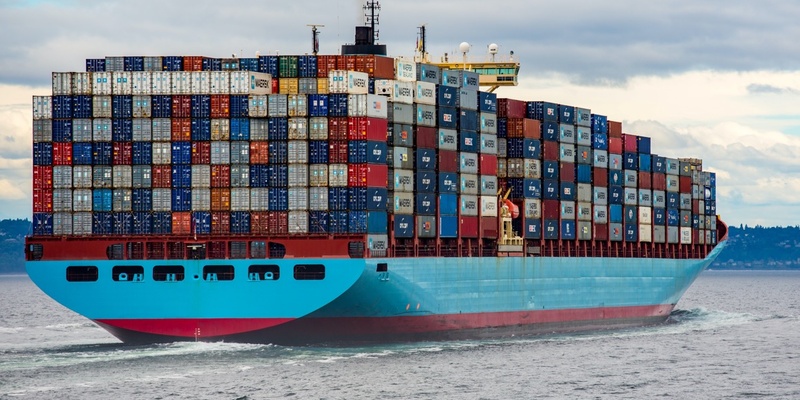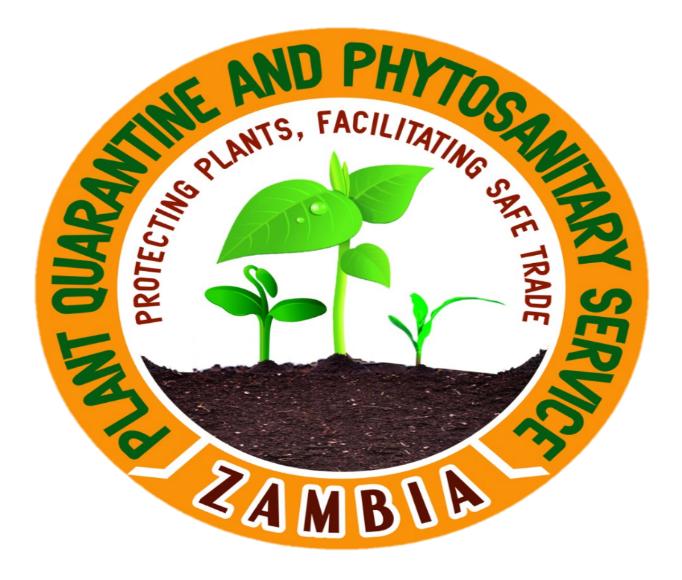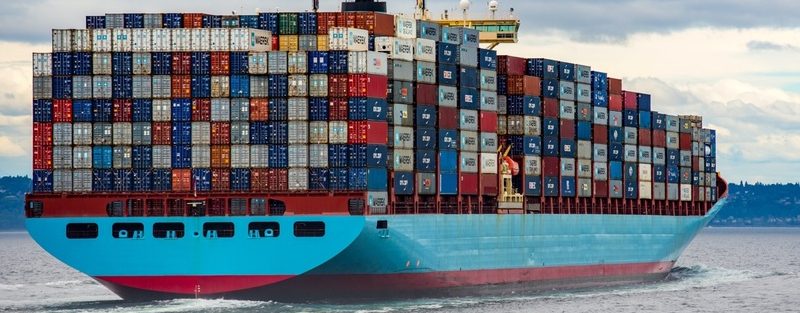Posted on IPPC Website on Tue, 18 Jan 2022, 15:00

Rome, 18 January 2022. National economies depend on the efficient and uninterrupted movement of trade, which is facilitated by the efficient movement of sea containers through a complex and time sensitive logistical system. With over 220 million containers shipped each year, the scale of sea container operations is monumental. As a consequence, any changes to the system are likely to have substantive knock-on effects.
The Commission on Phytosanitary Measures (CPM), its committees and subgroups have actively considered the subject of pest spread through contamination of sea containers since 2008. The Sea Container Task Force (SCTF), a subgroup of the Implementation and Capacity Development Committee (IC), was established in 2017 to guide the IPPC’s work on sea containers and associated phytosanitary risks. In 2020 the task force’s four-year mandate was extended in response to the COVID-19 pandemic, which precluded many planned activities, and concluded in December 2021.
The original tasks of the SCTF included measuring the impact of the Code of Practice for Packing of Cargo Transport Units Code (CTU Code); facilitating the efficient implementation of the Complementary Action Plan for Assessing and Managing the Pest Threats Associated with Sea Containers; exploring the use of the Authorized Economic Operators concept within the World Customs Organization (WCO)’s SAFE Framework of Standards and the data model for sea container cleanliness purposes; and increasing the awareness of pest risks in the sea container pathway.
The final report of the SCTF will be submitted to the next IC for approval and subsequent submission to the sixteenth session of the Commission on Phytosanitary Measures that will take place in April 2022. The report will include possible ways forward and a number of targeted measures to address specific issues related to pest contamination of sea containers. Furthermore, thanks to strong collaboration between national plant protection organizations and industry representatives, the SCTF put forward a number of recommendations for action to reduce phytosanitary risk in the sea container pathway.
The IPPC Secretariat sincerely congratulates all the SCTF members and observers for the work carried out over the past five years.



